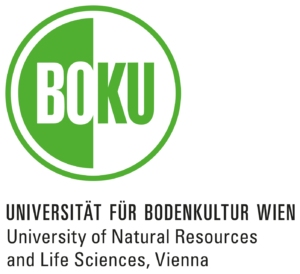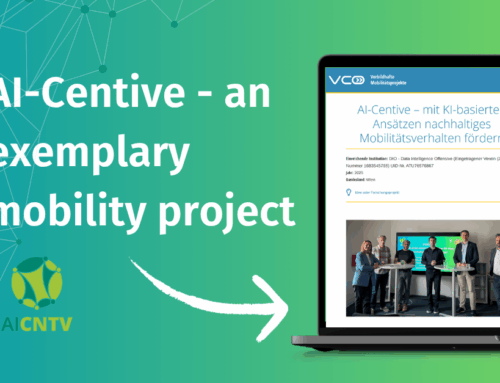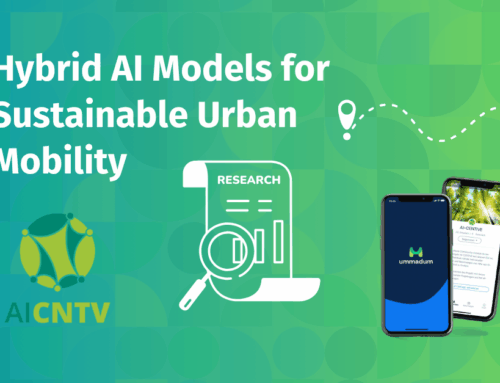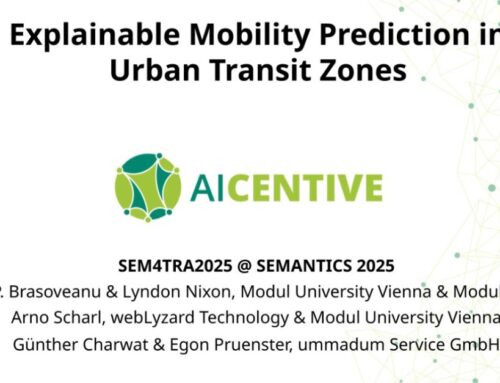The Institute for Transport Studies at BOKU carries out studies in urban mobility, behavioural modelling, transport impacts on sustainable development as well as policy and technology evaluation. Our multidisciplinary team allows us to cover a wide range of scientific problems and aspects in the research fields connected to all types of mobility, both emerging and existing such as traffic safety, transport automation, active mobility, etc. The partners of BOKU analyse the interactions between mobility behaviour, transport system, society, economy, space and the environment. To this end, they collect data and create methodological foundations and tools for sustainable transport planning and sustainable mobility solutions.

The team of BOKU focuses on using new sources of information to collect data on mobility aspects and evaluate the spatial and cost-related features of people’s movements.
The vision correlates with key aspects of AI-CENTIVE such as the utilisation of new data sources to further understand the mobility patterns and the roots of the travel mode choice behaviour.
AI-CENTIVE aims at a list of pioneering innovations as its main objective is to provide new methods for a better understanding of people’s mobility behaviour accounting for a digitalised reality and using this information to incentivise sustainable mobility behaviour. It means that AI-CENTIVE deals with a massive amount of information resources that undoubtedly influence people’s behaviour and travel patterns as well. We face challenging tasks in the project, but to solve them, a new AI-based methodology will be used that allows us to proceed to a higher level in demand modelling and mobility forecasting.
The BOKU Institute for Transport Studies contributes to the behavioural modelling parts of AI-CENTIVE (Understanding and Predicting Sustainable Mobility Behaviour), building on their extended experience in this field.
The Institute is also going to lead the work package dedicated to Sustainability Impact Assessment. It plans to quantify the scalability of the pilot results and assesses the potential of AI-based incentivization for achieving sustainable, low-carbon mobility based on a sustainability impact analysis and a mapping to the SDGs. This will inform recommendations for a rollout strategy for AI-based incentivization to stimulate more sustainable mobility decisions.
The Institute is aiming to explore mode choice behaviour in more detail and reveal the marginal impact of travel conditions on short-term mode choice behaviour. In particular, the team of the Institute plans to evaluate the connection between travel patterns and such factors as weather, mass events held in the city, etc. Besides, based on this knowledge, it plans to explore the consequences of incentives to encourage people to travel in a more environmentally friendly and sustainable way. The Institute is going to develop an integrated, multi-level, multi-criteria evaluation approach and then assess the sustainability impacts of the use of Green-AI-incentivized mobility behaviour change and their alignment with the multi-level policy-oriented goals/targets framework.
The BOKU Institute for Transport Studies is represented by:
The Head of the Institute for Transport Studies Astrid Gühnermann:
University Professor, BMK Endowed Professor in Digitalisation and Automation in Transport and Mobility System Yusak Susilo:
Senior Scientist Reinhard Hössinger: BOKU-Profile
Postdoctoral Researcher Martyna Fidler:
Scientific Staff Valerie Batiajew: BOKU-Profile
Research Fellow Oleksandr Rossolov:




